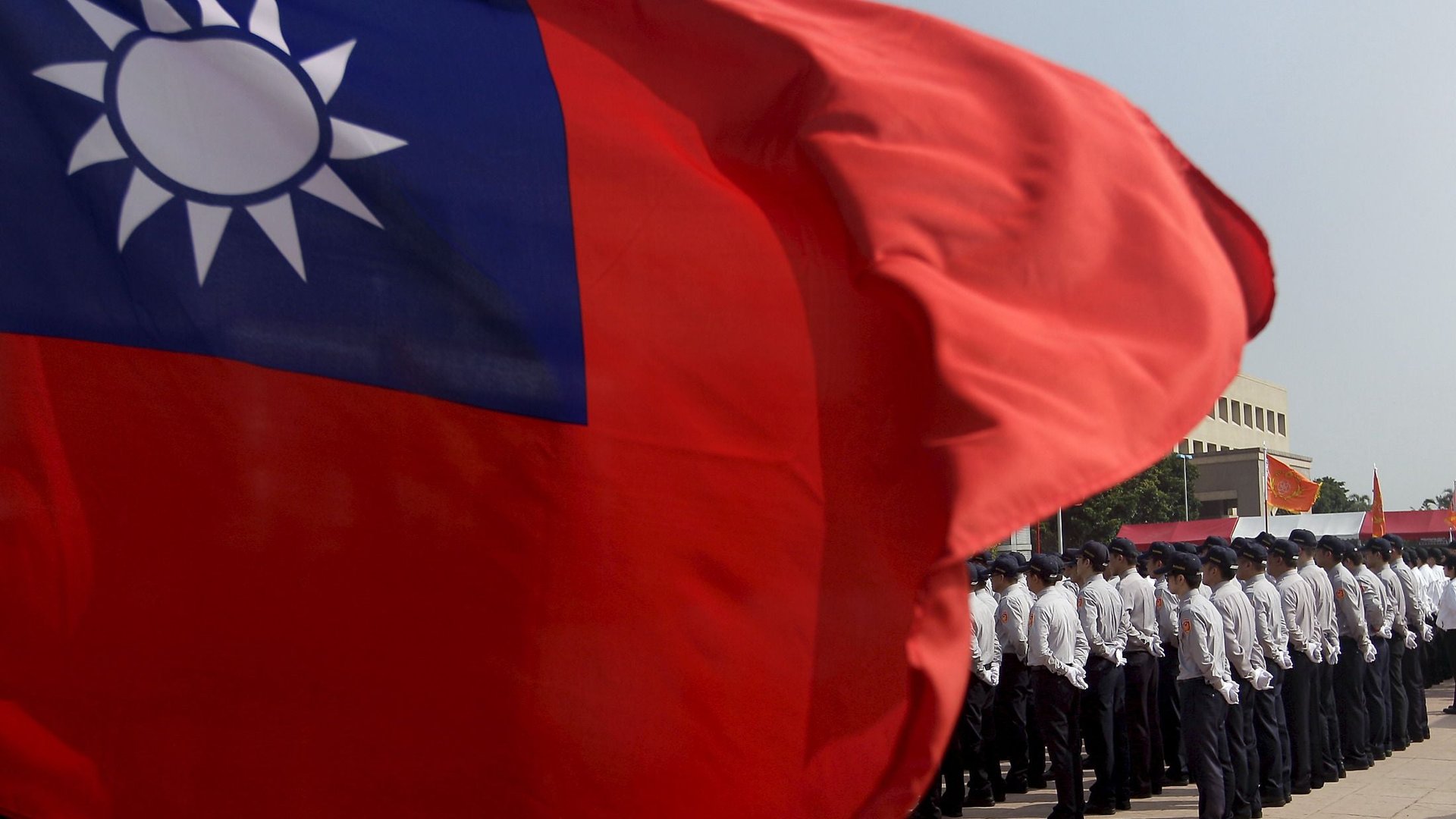A little history for Trump—using “one China” to bargain with Beijing has been a dismal failure
Over the weekend US president-elect Donald Trump declared that he did not want to be “bound by a ‘one China’ policy” and suggested that he might use the issue as a bargaining chip in trade negotiations with Beijing. The matter came to the fore after he broke decades of protocol on Dec. 2 by accepting a phone call from the president of Taiwan.


Over the weekend US president-elect Donald Trump declared that he did not want to be “bound by a ‘one China’ policy” and suggested that he might use the issue as a bargaining chip in trade negotiations with Beijing. The matter came to the fore after he broke decades of protocol on Dec. 2 by accepting a phone call from the president of Taiwan.
Taiwan considers itself an independent nation, but Beijing, under its one-China policy, considers it a province. Questioning that policy is rare among world leaders—especially by someone headed for the White House—but it isn’t entirely unique. Other nations have challenged the policy in one way or another in recent decades. They’ve tended to be smaller ones not comparable to the US, but their experiences can nonetheless be illuminating today.
First, a bit of history. Once the People’s Republic of China was established by the communists in 1949, with its capital in Beijing, the retreating Kuomintang, or Nationalist Party, established itself in Taiwan. From there it planned to conquer the whole of China once more. That plan slowly evaporated, but through the 1970s Taiwan’s leaders could count on a large number of allies being willing to indulge them. Finally, though, the international community accepted that the Chinese Communist Party was in China to stay, and nearly every nation diplomatically deserted the island of Taiwan.
Establishing official ties with Beijing came to involve a rite of passage: officially acknowledging the one-China policy. A country could recognize either Beijing or Taipei, but not both—at least not for long.
Today, only 21 United Nations member states recognize Taiwan. So does the Vatican, which was kicked out of China in 1951. In particular, tiny countries in the Pacific represent a kind of diplomatic battleground for the two rivals, with local governments asking for aid and loans in exchange for diplomatic recognition. Some nations in Africa and Central America have also played the game.
After 20 years of friendship with Beijing, Kiribati, an island-nation in the middle of the Pacific, decided in 2003 to recognize Taiwan. For about three weeks it was the only government in the world that had official diplomatic ties with both Beijing and Taipei. That didn’t last. China, despite having built a satellite-tracking station in Kiribati in 1997, abandoned the scene after failing to persuade the Kiribati’s president to drop the recognition of Taiwan. It dismantled the station, too.
No country has played Beijing and Taipei off each other quite like Liberia. After first recognizing Beijing in 1977, the West African nation switched over to Taiwan in 1989, then back to Beijing in 1997. But Beijing cut ties after president Charles Taylor solemnly proclaimed he would recognize both countries. Taylor lost power in 2003, and Beijing quickly made investments in the poverty-stricken country. Today Liberia and China are friends again.
Some countries have tried the moral-high-ground card. When East Timor was part of the Unrepresented Nations and Peoples Organization—which includes nations not recognized at the UN, like Taiwan itself—it briefly advocated recognizing both Beijing and Taipei. It dropped the idea entirely after promises of massive aid by Beijing.
The United States, of course, can hardly be compared to the nations above. It’s a super power. Then again that could mean bigger consequences—including military conflict—should it play the game, too. But the first victim would be Taiwan itself.